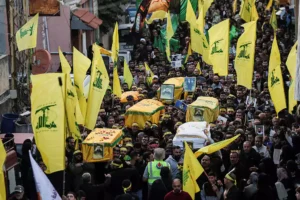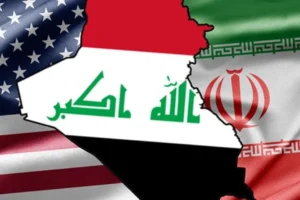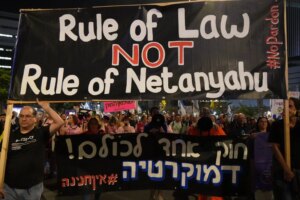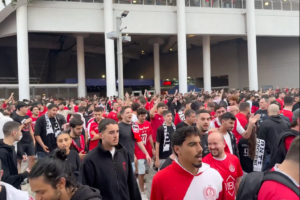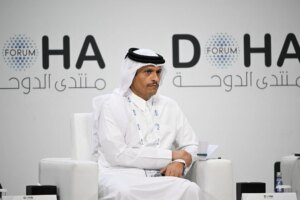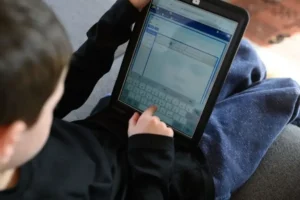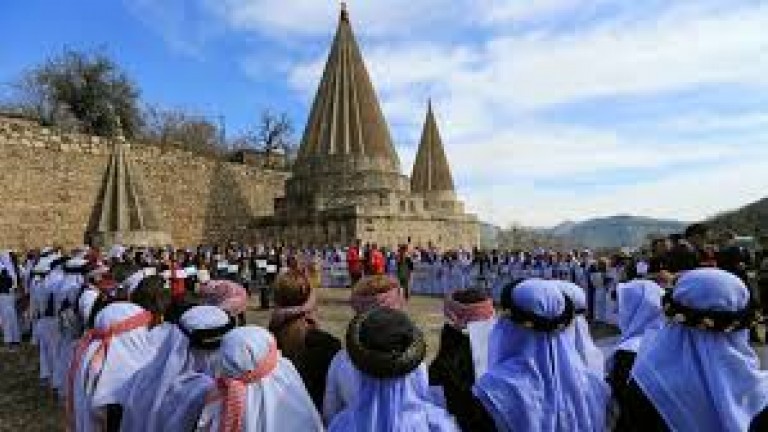
Shafaq News – Erbil
Renas H. Salim (pseudonym), a Yazidi teacher in Duhok, often reminds her pupils that “languages are bridges you can walk across,” a lesson vividly illustrated last Nowruz when her class sang in Kurmanji, Arabic, and Syriac as parents of different faiths exchanged sweets in the courtyard while two boys—one Turkmen, one Kurdish—kept the rhythm on a single daf drum.
That small scene reflects a broader reality in the Kurdistan Region of Iraq (KRI): coexistence here is not merely a state promise but a social habit woven into daily life, from classrooms to marketplaces.
A Pluralistic Region
The KRI stands among the most socially diverse areas in the Middle East. With a population exceeding 6.37 million, excluding displaced persons and refugees, it hosts a mosaic of Kurds, Yazidis, Christians, Turkmen, Shabak, Kaka’i, Armenians, Sabean-Mandaeans, and a revived Zoroastrian community.
The influx of displaced people after ISIS’s 2014 assault further reshaped its demographic map. Erbil and Duhok became sanctuaries for those fleeing Mosul and the Nineveh Plains, with Ankawa emerging as a safe haven for Christian families uprooted from ancestral towns.
Although precise data remain elusive—owing to conflict and the absence of a recent census—rough estimates outline the scale: fewer than 150,000 Christians remain across Iraq, largely concentrated in the KRI; Yazidis are estimated between 400,000 and 500,000; Kaka’i communities number roughly 120,000 to 150,000; and Zoroastrians count close to 100,000 followers. Each group sustains its identity through a mix of cultural resilience and institutional backing.
Shared Spaces In Daily Life
While much of Iraq remains structured along sectarian lines, the KRI blends identities within shared environments, demonstrated most clearly in Erbil’s Ankawa, where church bells and mosque calls echo along the same streets as residents from varied backgrounds mingle in cafés, schools, and public squares.
Reflecting that spirit, Prime Minister Masrour Barzani recently called Kurdistan a “shining home of coexistence,” underscoring how government policy mirrors social reality. The Kurdistan Regional Government (KRG) supports intercommunal engagement by facilitating Yazidi pilgrimages to Lalish, integrating children from all faiths into public education, and teaching ethics curricula that draw from multiple traditions.
Events such as World Interfaith Harmony Week —when youths in Duhok planted trees together—turn coexistence into action. Diversity is further institutionalized through the Ministry of Education, which manages directorates for Syriac, Turkmen, and Armenian instruction, while digital platforms like Ewane expand access to multilingual learning.
Joint programs with UNICEF and NGOs have helped re-enroll thousands of displaced children in school. However, minority-language education typically ends after primary school, forcing students into Kurdish or Arabic—a shift that interrupts continuity and weakens identity preservation.
Kurdish language: How Kurdistan is bridging dialects to preserve a rich heritage?
Religious And Cultural Recognition
Religious governance follows a similar path: the Ministry of Endowment and Religious Affairs (MERA) formally recognizes eight faiths, including Islam, Christianity, Yazidism, and Zoroastrianism, allowing them state funding, official holidays, and property management rights over their sacred sites.
President Nechirvan Barzani reaffirmed that “this land has been known for thousands of years as a place of peaceful coexistence, acceptance of others, and fair participation in rights and duties.” He emphasized that protecting minority rights is “a principle, not a slogan.”
The restoration of shrines and multilingual signage have improved visibility, though administrative delays and resource disparities occasionally affect communities in remote districts.
Museums such as the Syriac Heritage Museum in Ankawa serve as both cultural archives and spaces for dialogue, while the Kurdish Textile Museum in Erbil celebrates shared traditions that cross ethnic lines.
Read more: Sanctuary under strain: Minorities hold on in Iraq’s Kurdistan
Representation And Institutions
Political representation is formally guaranteed through five reserved quota seats in the Kurdistan Parliament, ensuring the inclusion of minorities in regional decision-making. However, electoral reforms and the Iraqi Federal Supreme Court’s 2024 ruling in Baghdad have altered quota distribution, creating debate over how best to preserve equitable representation.
Despite these legal adjustments, minority representatives continue to advocate for cultural education, language preservation, and religious freedom as foundations of coexistence rather than as political concessions.
The Strength Of Shared Values
The Kurdistan Region is often praised abroad as a model of coexistence compared to Iraq’s divided center, but its most powerful evidence comes from daily life. It has been shown that community life, education, and civic participation can uphold coexistence even amid regional turbulence. The ongoing challenge lies in embedding those values within durable institutions so that diversity endures beyond festivals or crises.
Written and edited by Shafaq News staff.
